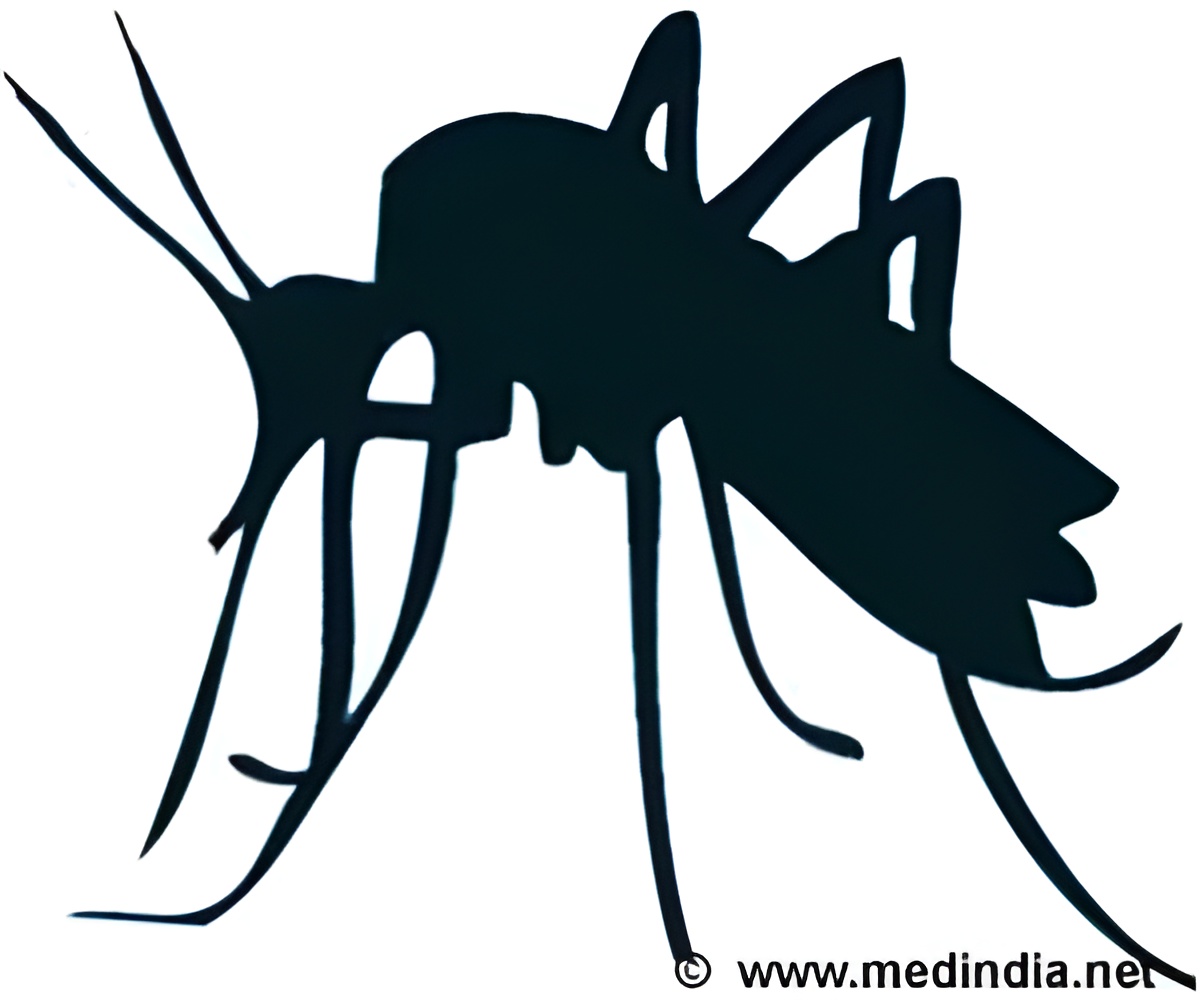According to research at Penn State University malaria parasites evolving in vaccinated laboratory mice become more virulent.

"We are a long way from being able to assess the likelihood of this process occurring in humans, but our research suggests the need for vigilance. It is possible that more-virulent strains of malaria might evolve if a malaria vaccine goes into widespread use," Read said. The research, which will be published in the 31 July 2012 issue of the scientific journal PLoS Biology, showed that more-virulent malaria parasites evolved in response to vaccination, but the exact mechanism is still a mystery. It was not due to changes in the part of the parasite targeted by the vaccine.
No malaria vaccine ever has been approved for widespread use. "Effective malaria vaccines are notoriously difficult to develop because the malaria parasite is very complex. Hundreds of different malaria strains exist simultaneously within any local region where the disease is prevalent," Read said. Most vaccine developers use only small sections of the malaria parasite to produce an antigen molecule that then becomes a key ingredient in a highly purified malaria vaccine. Read's lab tested the antigen AMA-1, a component of several such vaccines now in various stages of clinical trials.
"Our laboratory experiments followed clues from theoretical studies and earlier experiments that suggested that some malaria vaccines could favor the evolution of more-virulent malaria parasites," Read said. If candidate vaccines do not completely eliminate all the malaria parasites, the parasites that remain have opportunities to evolve. A mosquito then could transfer the evolved parasite from the vaccinated person into a new host -- a process called leaking. "Leaky vaccines create a situation that further fosters parasite evolution," Read said.
The Penn State study found that parasites causing worse malaria symptoms in unvaccinated mice evolved after "leaking" consecutively through as few as 10 vaccinated mice. "The parasites that are able to survive in the immunized hosts must be stronger after having survived exposure to the vaccine," Read said. "The vaccine-induced immunity apparently removed the less virulent malaria parasites, but left the more virulent ones."
The AMA-1 antigen used in the Penn State study triggers the body to make anti-malaria antibodies. These antibodies recognize the AMA-1 antigen on the parasites and disable the malaria infection. The shape of the antigen ensures that the antibodies can bind securely with the malaria parasite -- like pieces in a jigsaw puzzle -- an important step in producing immunity. Scientists already knew that vaccines become obsolete when evolutionary mutations change the parasite's antigen structure in such a way that the antibody is not able to lock onto the targeted part of the parasite. But the Penn State study showed the malaria parasite evolved within the vaccinated mice even without any detectable changes in the antibody target on the parasite.
Advertisement
"Generalizing from animal models is notoriously difficult in malaria," Read said, so the scientists do not yet know if this newly recognized type of evolution could happen in human malaria or with other rapidly evolving diseases, such as the viruses that cause AIDS or cervical cancer. "What we do know is that in Victoria Barclay's experiments in our lab at Penn State; with our parasites, our mice, and with this particular antigen; the malaria parasites that evolved through vaccinated hosts become more virulent," he said.
Advertisement
Source-Eurekalert











